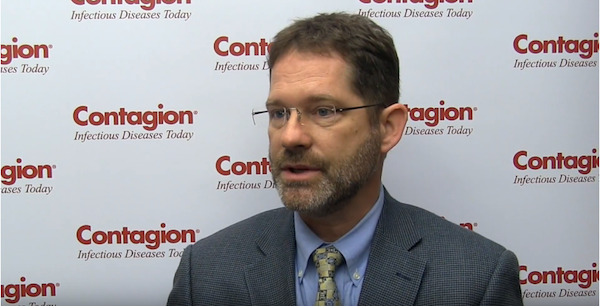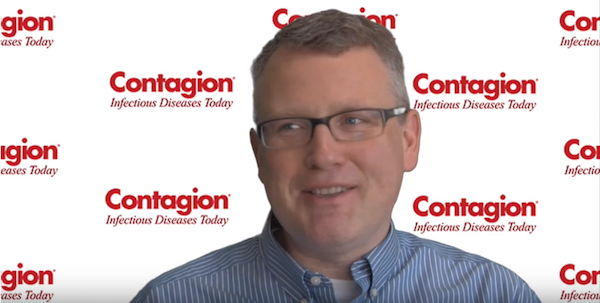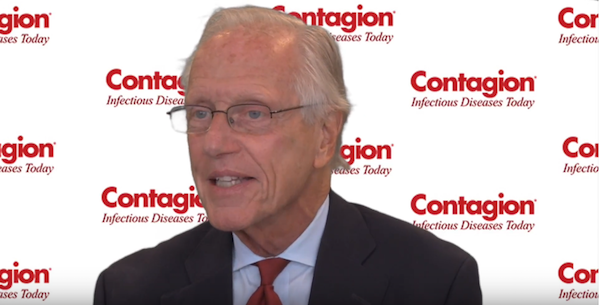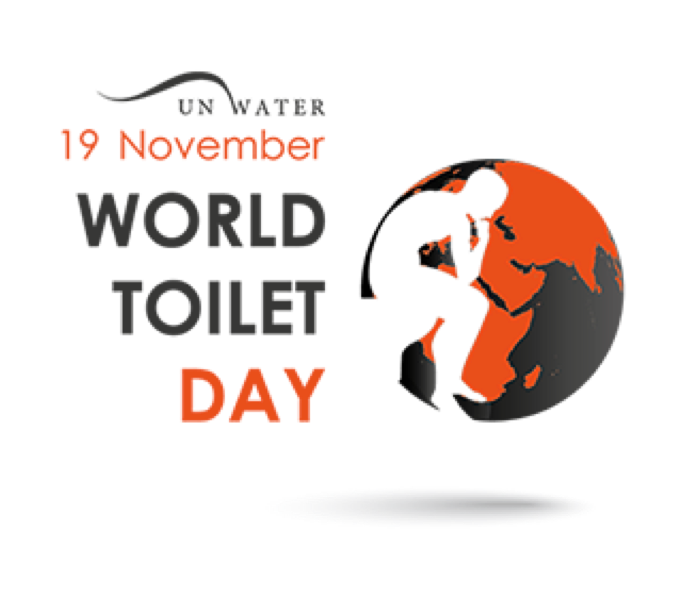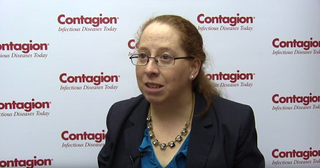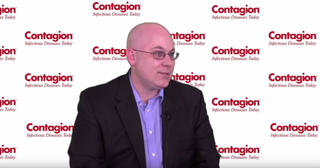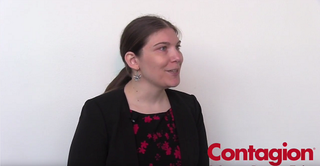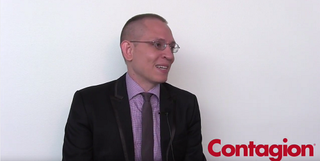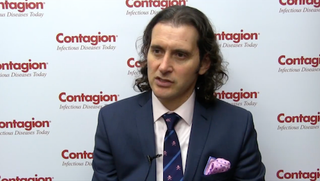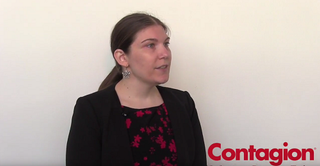
Prevention
Latest News
Latest Videos

CME Content
More News

What microbial growth was found after Contagion® writer, Saskia Popescu swabbed & sent her samples?
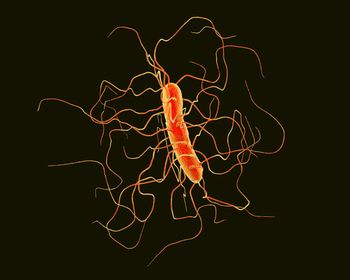
A testing stewardship effort found that using a “hard stop” alert system may help reduce inappropriate C. difficile testing.

A research team has found that an antiviral drug available in Russia and a few other countries shows promising results when it comes to fighting Ebola virus disease.

Researchers are gaining a greater understanding of the role that human genetics plays in determining who contracts tuberculosis as well as how severely it impacts its victims.
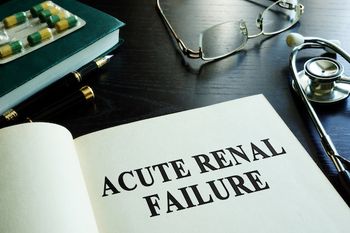
A recent study seeks to determine if the combination of minocycline with colistin could decrease the incidence of acute renal failure in those treated.
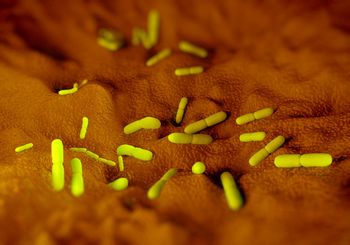
The latest WHO External Situation Report suggests that the plague outbreak that has been ravaging Madagascar for months may finally be winding down.
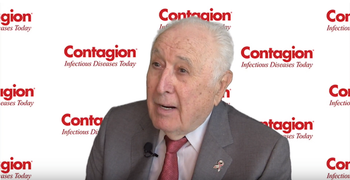
Norman B. Javitt, MD, PhD, explains how antibiotics can impact bile acid composition and result in Clostridium difficile infection.
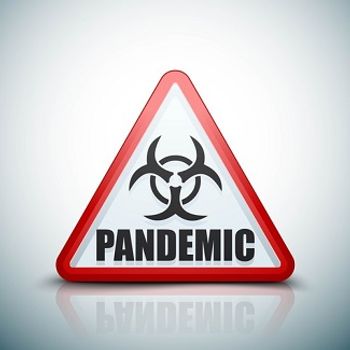
At a recent event called "The Next Pandemic," researchers agreed that the world is not ready for the next big flu pandemic and discussed what it will take to strengthen preparedness.
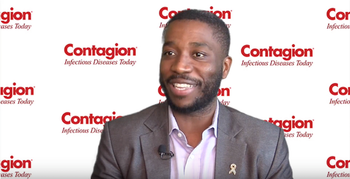
Barley Chironda, RPN, CIC, discusses current infection control measures taken to prevent C. difficile and the reasons why they are falling short.

The FDA has approved the first sensor-equipped pill capable of digitally tracking whether patients are adhering to their prescribed medications.

The results of a new study may provide a basis for estimating appropriate dosing regimens of ceftolozane/tazobactam in patients with cystic fibrosis.
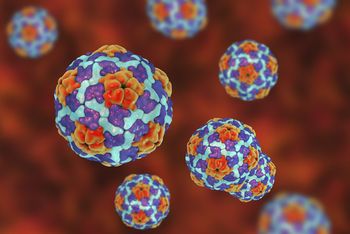
As the hepatitis A outbreak in San Diego continues, officials focus their efforts on homeless encamped along the San Diego River. Is the situation improving or getting worse?

Joe Sliman, MD, MPH, explains how antibiotics affect the gut microbiome.

A new study suggests that village clinics are not properly dealing with the ongoing problem of tuberculosis in rural China.

With 264 vaccines in the pipeline in the United States, the future for the prevention of diseases appears to be extremely bright.
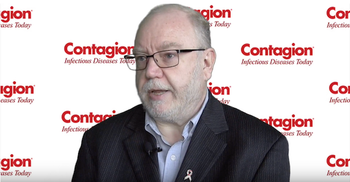
Glenn Tillotson, PhD, FIDSA, discusses the societal value of antibiotics.

Stay up-to-date on the latest infectious disease news by checking out our top 5 articles of the week.
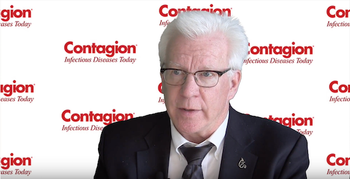
Stuart Johnson, MD, discusses the disadvantages to some of the current approaches used to treat C. difficile.
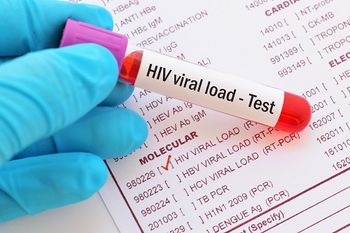
Studies have proven that undetectable levels of HIV mean an individual cannot transmit the virus to someone else. Now the word needs to spread.
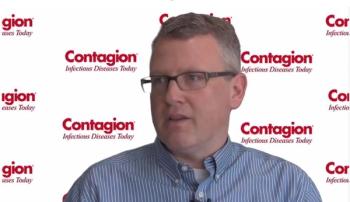
James S. Lewis, PharmD, FIDSA, explains how pharmacists can advocate for judicious antibiotic use in patients through educating the patients themselves, as well as providers.
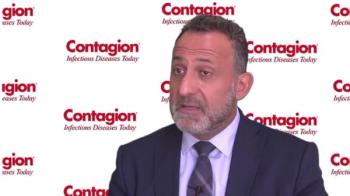
Roy F. Chemaly, MD, MPH, discusses the background behind letermovir and what it brings to the table.
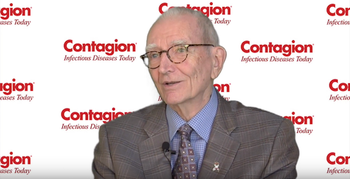
Dale N. Gerding, MD, discusses different methods used to prevent CDI recurrence.
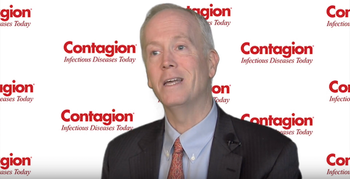
Edmond Hooker, MD, DrPH, discusses multiple factors that put patients at increased risk of getting C. difficile.

Although a once-daily pill to prevent HIV exists, US populations at highest risk have the lowest rates of usage.

In a new study, a pair of Australian virologists argue that we cannot predict virus outbreaks, looking at the “fault lines” of interaction between humans and animals may help us be better prepared.
